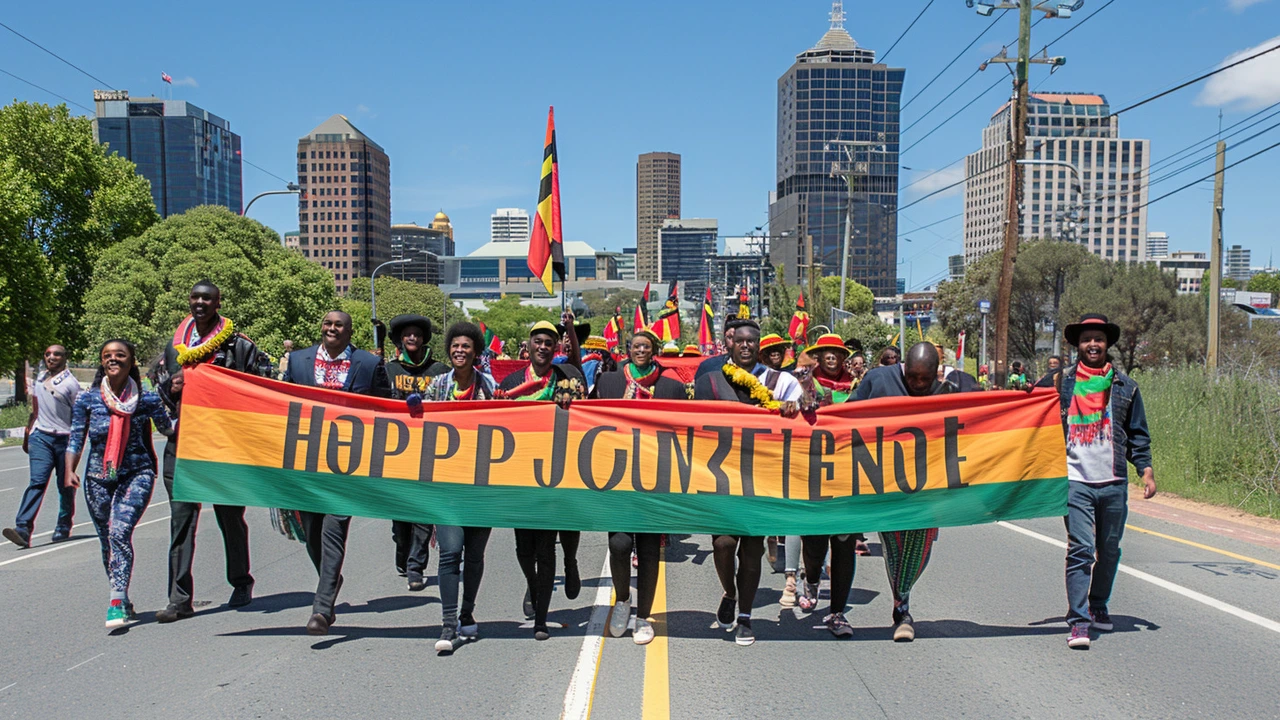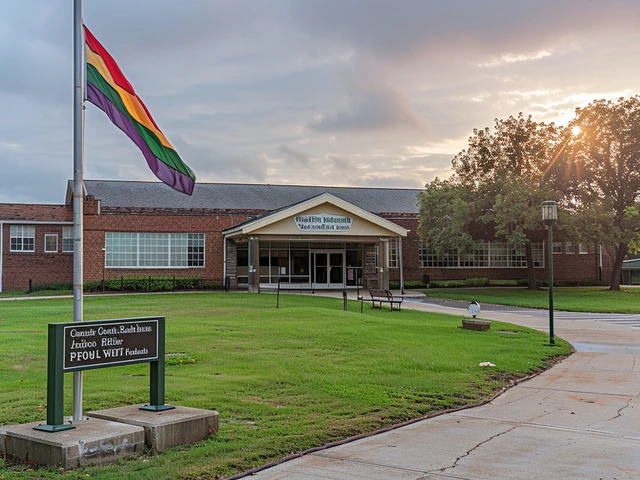Why Juneteenth Matters: More Than Just a Holiday
Juneteenth marks a key moment in history—the day enslaved people in Texas finally learned they were free, two years after the Emancipation Proclamation. It’s celebrated every year on June 19th, and it’s all about honoring freedom, resilience, and the fight for equality.
This day isn’t just about the past; it’s a reminder of how far we’ve come and how much work is still ahead. Across the US and beyond, Juneteenth has grown from a regional Texas tradition into a national moment where communities reflect on African-American history and culture.
How Juneteenth Became a Symbol of Hope
From the first celebrations in 1866, Juneteenth was a mix of parties, prayers, and pride. It helped newly freed African Americans connect, share their stories, and reclaim their identity. More recently, it’s sparked conversations about racial justice and equality, showing its power to unite people around a common goal.
Schools, businesses, and governments increasingly recognize Juneteenth. Some have made it a public holiday, reflecting a growing awareness of the day’s importance beyond African-American communities.
Celebrating Juneteenth Today
You’ll see parades, barbecues, music, and educational events that celebrate African-American heritage. It’s also a time to push for social change and honor those who fought for civil rights. Whether you join a local event or learn about its history, Juneteenth invites everyone to embrace the spirit of freedom and justice.
So, why is Juneteenth getting more attention now? It’s simple: it speaks to universal values of freedom and equality. By understanding its roots and celebration, we can better appreciate the ongoing journey toward a fairer society.






